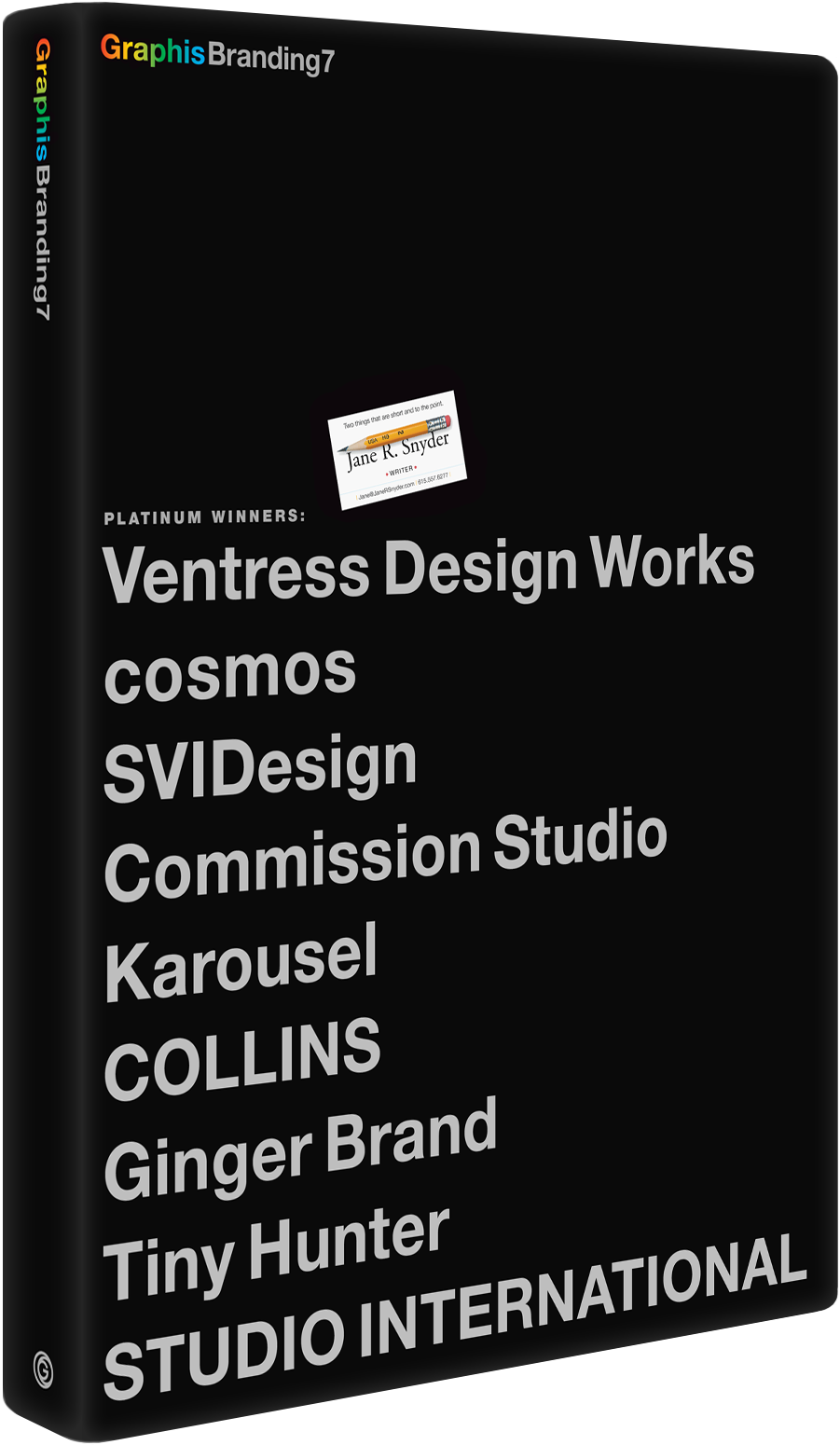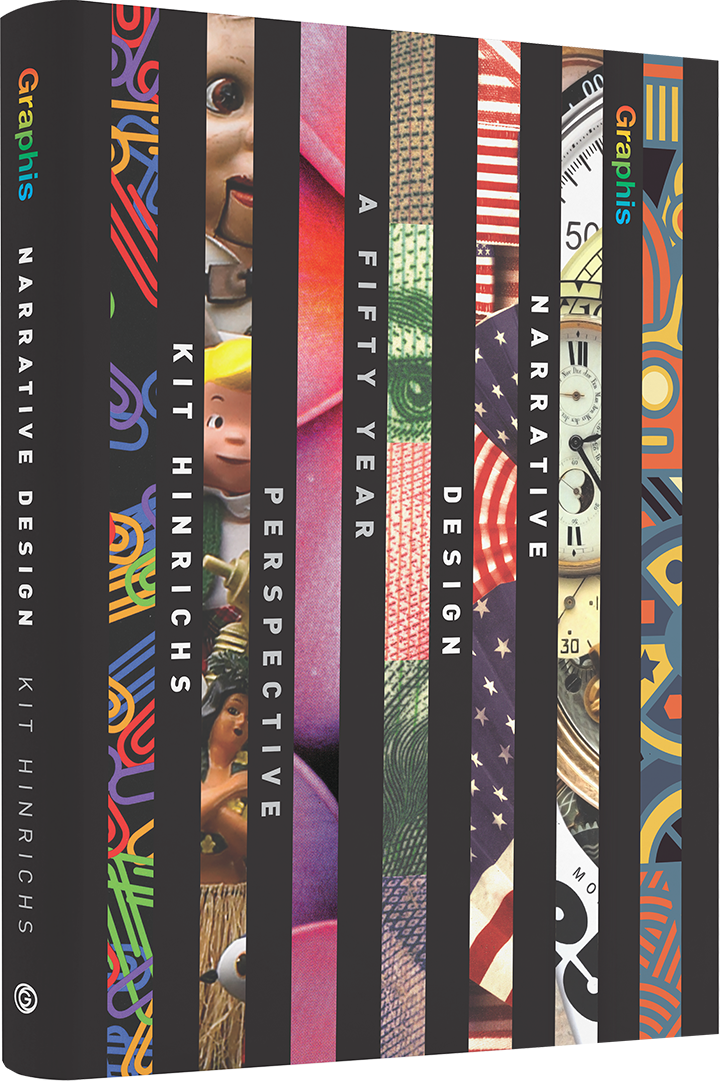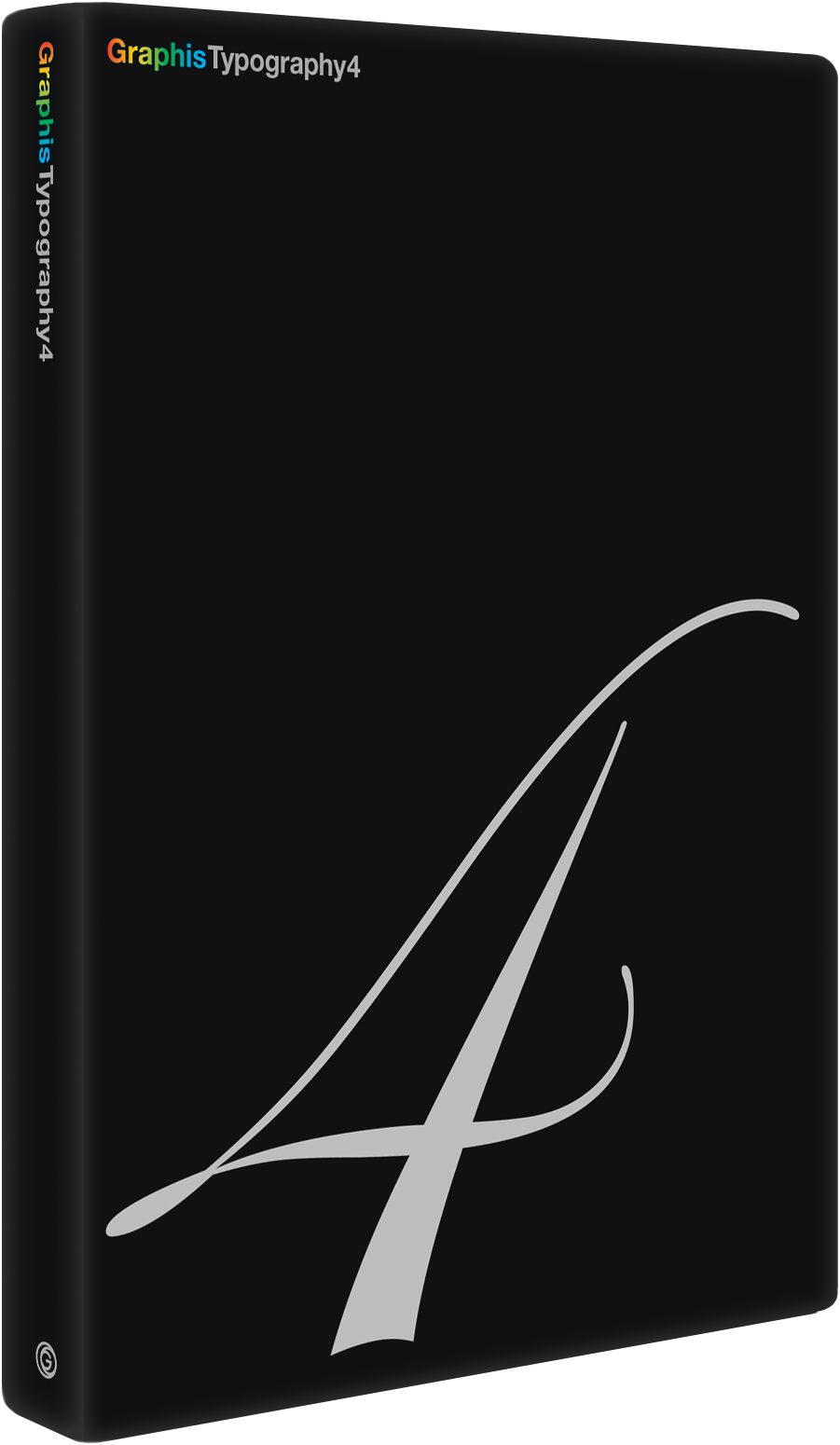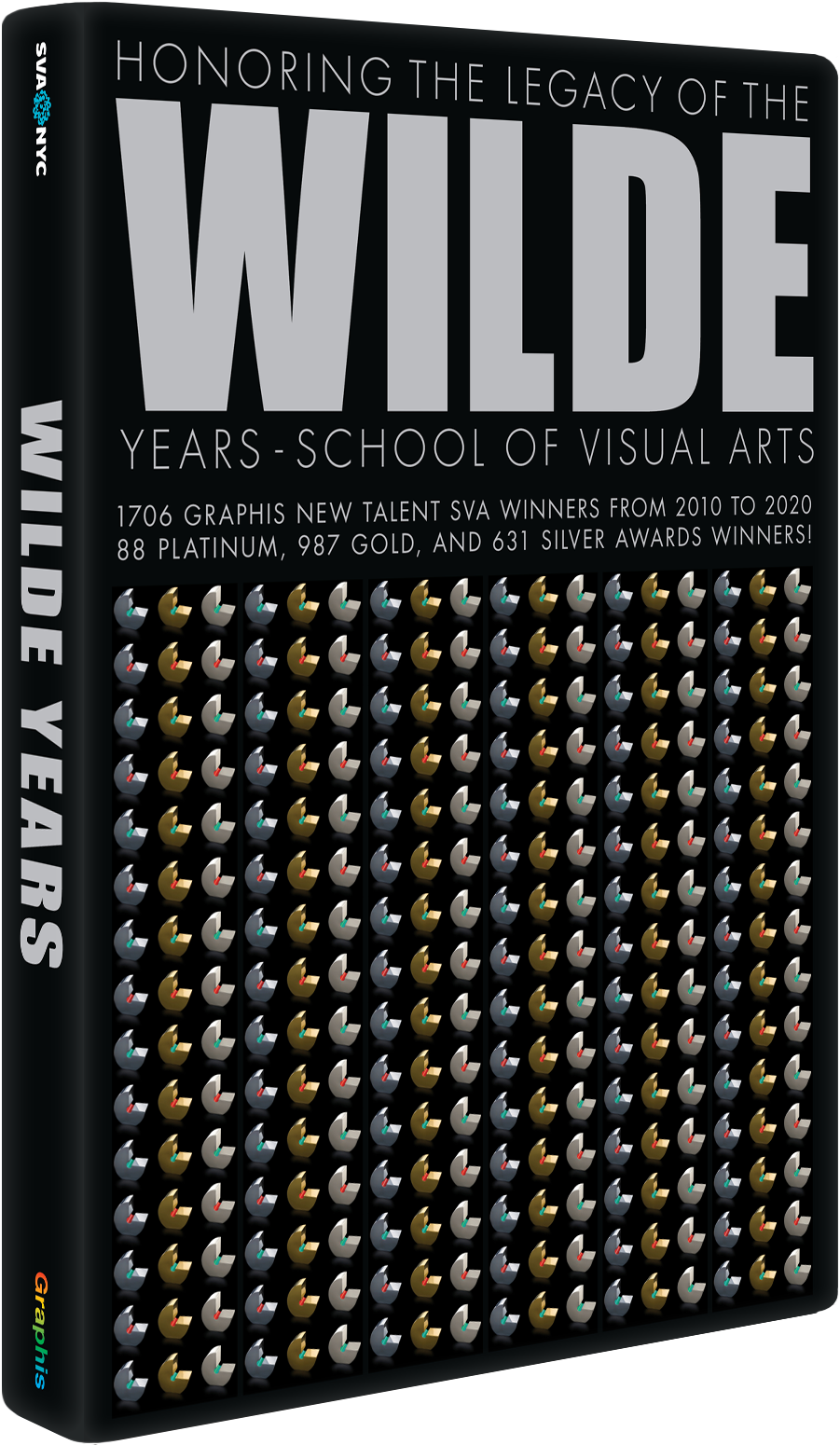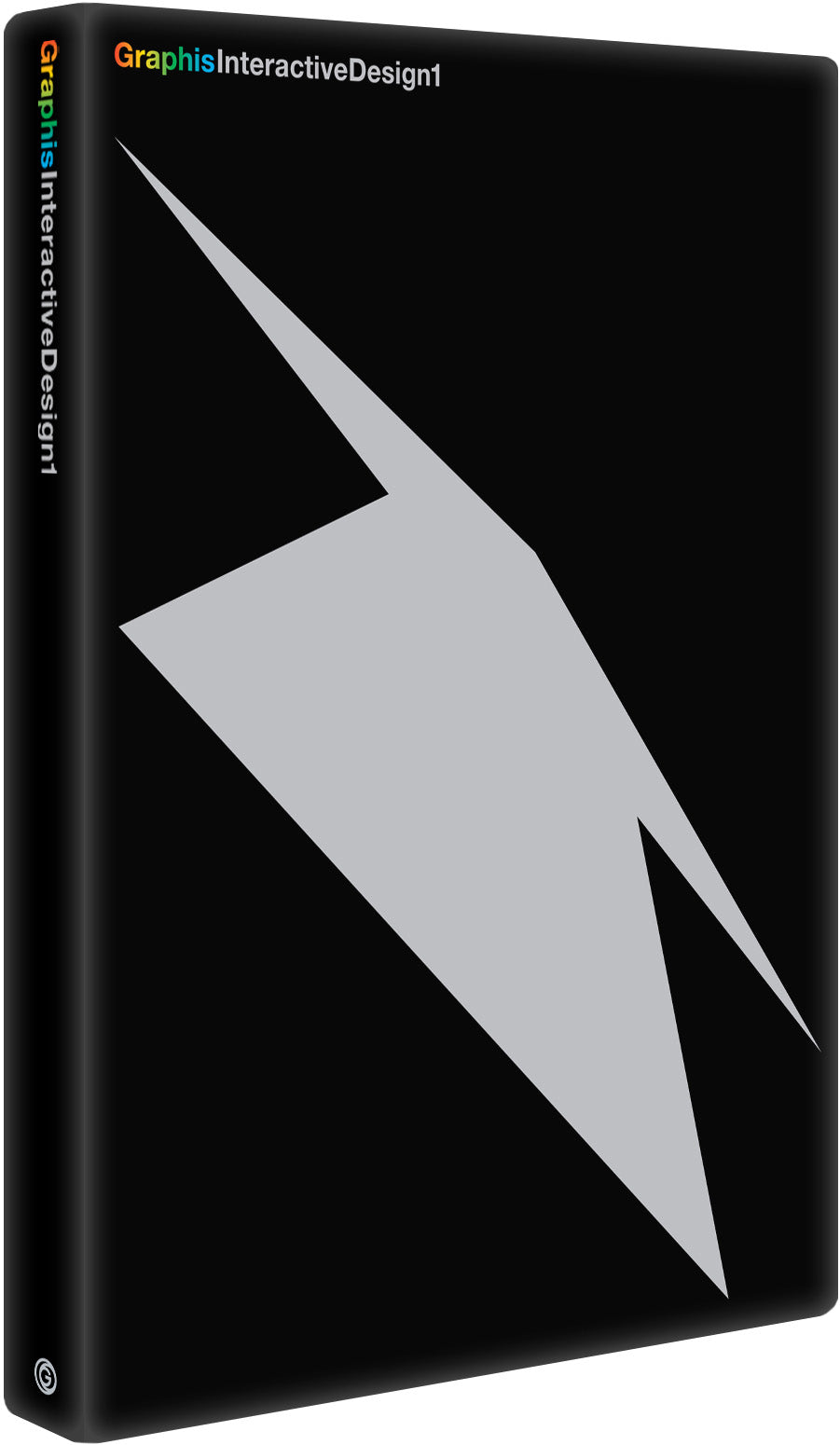The Power of Design: Leading Innovation at Xiaomi
Lu Chen, senior director at Xiaomi, stands at the forefront of innovation, shaping the design philosophy that powers one of the world’s leading tech brands. Her approach to design transcends aesthetics—it’s about problem-solving with creativity, communicating effectively, and fostering teamwork. With a passion for blending form and function, Lu Chen draws inspiration from mentors like Xiaomi’s senior VP, De Liu, who taught her the intricate balance between design and business. In this exclusive Q&A, she shares her vision on creativity, sustainability, and the evolving role of design in improving user experience and driving business success.
Introduction by Eric C. Yim, M.Phil, B.Arch, RIBA Chairman, Hong Kong Design Centre
Xiaomi has emerged as a trailblazer in the realm of inimitable and innovative design, offering a wide range of affordable products that enhance our daily lives and have a profound societal impact. With a focus on minimalistic design, Xiaomi has transformed even the simplest household items, like a socket board, into objects of beauty. While initially known for its smartphones, Xiaomi has expanded its reach to include wearables and a vast ecosystem of smart devices that support its core business. What truly sets Xiaomi apart is its dedication to building a community around its brand. Xiaomi has created a loyal following beyond just selling products by engaging with customers, hosting events, and seeking feedback. With diverse offerings, from fitness bands to air purifiers and TVs, Xiaomi welcomes customers into its ecosystem with open arms, showcasing that design is not just about aesthetics but about creating a meaningful connection with the people who use its products.

What is your work philosophy?
Design aesthetics, creativity, responsibility, learning ability, communication, and teamwork.
Who is or was your greatest mentor?
De Liu, the senior VP of Xiaomi. He is an alumnus of mine from the ArtCenter College of Design and introduced me to Xiaomi. He is a great designer himself, as well as a great product manager and entrepreneur. He taught me the relationship between design and business and how to use design’s power to help companies succeed. As one of the founders of Xiaomi’s design style, he has profoundly influenced Xiaomi’s industrial design and packaging design.
What is it about design that you are most passionate about?
It is the ability to solve practical problems through creativity and make an impact on the environment, design, or humanity.
What is the most difficult challenge you’ve overcome to reach your current position?
Continuously learning new areas of knowledge, communication skills, and having synergy with different teams.
Who have some of your most significant past influences been?
My mother. She taught me hard work, sheer tenacity, responsibility, and never giving up.
Who among your contemporaries today do you most admire?
I admire Elon Musk the most because he led his team in making innovative and groundbreaking products and because he has gone through many lows and emerged from them. That conviction is what I admire most.
What would be your dream assignment?
A chance to design an Olympic medal.
Who have been some of your favorite colleagues or clients?
My favorite colleague is Ningning Li, Xiaomi’s industrial design director. We are both ArtCenter College of Design alums and were former roommates.
What are the top things you need from a client to do successful work for them?
I want to gain their trust, communicate openly with them, and share the joy of their success.
What do you consider your most outstanding professional achievement so far?
I am more than satisfied with the design of the One Paper Box. This design method is not for a single product but for all product packaging in a small size. I cognitively changed the packaging structure design so that electronic product packaging is no longer a simple stack. Through precise design, I can reduce the amount of raw materials. This is also a simple idea that, I hope, improves the environmental awareness of both designers and the public and reduces the pressure of packaging products on the environment.
What about your work gives you the greatest satisfaction?
I like that my work, which I love, can help society and make users happy.
What part of your work do you find the most demanding?
Being creative is not only about being different but also about solving a problem, which may be budget, structure, mass production, sales, etc. The most demanding part of my job as a designer is how to cleverly use design to solve problems.
What professional goals do you still have for yourself?
I want to be a teacher and pass on some of my design and project experience to other designers.
What advice do you have for students starting out today?
Keep your enthusiasm for learning and be curious about everything.
What interests do you have outside of work?
I love cooking and teaching my seven-year-old son to cook. He is excellent at cooking fried rice and fried eggs.
What do you value most in life?
Inner peace, health, and the company of family and friends.
What would you change if you had to do it all over again?
I would start learning painting skills at a younger age, learn more about type design in college, and do an internship in a printing house to learn printing techniques.
Where do you find inspiration?
Fine art, sculpture, photography, books, and stories.
How do you define success?
I define success as contributing to the development and survival of society, the environment, and human beings, as well as improving the inner self and maintaining inner peace.
Where do you see yourself in the future?
As a designer, I hope to create more work. As a mentor, I hope young designers can make more creative works with my help.
How do you balance your work with your personal life if there is a distinction between the two?
I think work and life go hand in hand. Work is fun for me, and I enjoy the challenges of work. My daily life often inspires me to design.
In what ways do you see your field changing over the years?
Sustainable design has become the design trend for packaging. Consumers are also paying more attention to the reuse of packaging, consumer electronic products are more intelligent, and the IoT (the Internet of Things) has become the mainstream of product development.
Xiaomi is a consumer electronics and intelligent manufacturing company. For those unfamiliar with product design, what kind of work goes into designing a product compared to other types of design?
For Xiaomi, product design is given specific definitions of features and functions. Our product designers work on the outside look of a solid product (form, style, color, material, and surface finish), its insides (hardware layout and assembly), and its interaction with users (ergonomics and interface, including a display, button, switch, or even light and sound), always keeping the feasibility of mass production in mind and finalizing the proposals to make the product real.
What have been some of your favorite Xiaomi products to work on?
I like the earphone series. Every time we make earphone packaging, it is the most exciting moment for our team. Packaging for earphones is full of challenges, imagination, and possibility. In addition, there is the Xiaomi watch packaging, which is the accumulation of our packaging technology, collaboration, and creativity and is also one of my favorite designs.
One of Xiaomi’s core company beliefs is “just for fans.” What does that mean to you? How does that affect your design work?
Embracing our vision to “make friends with users and be the coolest company in the users’ hearts,” Xiaomi continuously pursues technological innovations, compelling user experience, and operational efficiency. It relentlessly develops unique products to let everyone enjoy a better life through innovative technology.
Xiaomi focuses on listening to users’ feedback in product development and creating the ultimate user experience beyond expectations. Users inspire the company to keep innovating and pursuing technological progress all the time. In fact, the company started out by building its first-ever product, our operating system MIUI, by working closely with users to enrich and improve its product design and features. Therefore, we must consider the user’s feelings at the beginning of the design, take the user as the center, and start from the user experience.
Xiaomi has three creative initiatives: Xiaomi Studios, Xiaomi Creators, and Xiaomi Fan Stories. How were they started, and what is their purpose?
Xiaomi Studios is a filmmaking initiative created by Xiaomi International. It was founded in 2019 as one of Xiaomi International’s first IP projects. With Xiaomi Studios, we aim to build on our company’s mission of “innovation for everyone” and provide filmmakers an opportunity to unleash their inner creativity with the Xiaomi smartphones in their pockets: “creativity for everyone.” Xiaomi Studios is both a platform for our talented creators to show off their notable creative films and a community for people worldwide looking to unleash their creativity with their Xiaomi smartphones. Xiaomi Studios has produced over 60 short films entirely shot on Xiaomi smartphones in cooperation with filmmakers and creators worldwide, collaborating with renowned filmmakers and institutions such as Academy Award-winner Chris Overton and the Sundance Film Festival.
Xiaomi Creators is Xiaomi International’s official talent program that provides filmmakers and photographers opportunities to share their creativity in different visual-related projects like Xiaomi Studios and Xiaomi Imagery. With the Xiaomi Creator program, we aim to share our creators’ works globally and provide the Xiaomi Creators with a global stage to grow as creators and share their unique stories and knowledge with people worldwide. The Xiaomi Creator program officially launched in 2021 as part of the Xiaomi 11T Pro Global Launch. The program currently features over 25 creators from over ten markets worldwide.
Xiaomi Fan Story is a documentary series portraying the real lives of our international Xiaomi fans. By providing our fans with a platform to share their unique stories with the world, we aim to emphasize the core value of Xiaomi: being friends with our users. There are currently ten episodes of Xiaomi Fan Story. The guests for each episode come from different regions and have different occupations and personalities. However, one thing in common is that they all believe in and tie back to the underlying spirit of Xiaomi—“innovation for everyone.” Their wonderful, moving, and touching stories inspire us as a brand, and we want to share these exciting stories worldwide. Xiaomi fans are a core part of Xiaomi’s culture. They are advocates for Xiaomi, while Xiaomi’s values and vision are spread far through their words.
What role do Chinese design concepts play in your product design?
Instead of involving prominent traditional Chinese aesthetic elements, such as auspicious patterns, forms, or colors, we put more effort into responding to Chinese users’ consumer behavior and designing miscellaneous products that fit into the modern Chinese lifestyle.
The Xiaomi Corporation was founded in April 2010 and listed on the main board of the Hong Kong Stock Exchange on July 9th, 2018. Xiaomi is a consumer electronics company and one of the world’s leading smartphone companies. In the first quarter of 2024, their smartphone shipments ranked third globally, and MIUI’s monthly active users reached approximately 685 million globally. The company has also established the world’s leading consumer AIoT (AI+IoT) platform, with 786 million smart devices connected to its platform. Xiaomi products are present in more than 100 countries and regions worldwide. In August 2023, Xiaomi was included in the Fortune Global 500 list for the fifth year in a row, ranking 360th. Xiaomi was also among the Boston Consulting Group’s 50 Most Innovative Companies of 2023, ranking 29th. Embracing its vision to “make friends with users and be the coolest company in the users’ hearts,” Xiaomi continuously pursues innovations, high-quality user experience, and operational efficiency. The company is committed to crafting unique products at transparent prices, aiming to enhance the quality of life for individuals worldwide through pioneering technology.
Social: Instagram, Facebook, X (Twitter), LinkedIn
To discover other talents in issue #382 of The Graphis Journal, click here.
You may also like
From Growing Minds to Urban Beats in Li Zhang’s Posters
Awarded Platinum and Gold in Graphis Poster 2026, Li Zhang moves between cultures, disciplines, and ideas, using…
Read MoreDong Hyun Kim Infuses Typography and Form into the Pulse of New York
New York–based graphic designer Dong Hyun Kim brings a fresh, modern voice to classic design principles in…
Read More
Related Annuals & Publications
View AllBecome a Graphis Member
- 1-Year Membership Subscription
- Enjoy 50% off on Call for Entries
- 1-Year FREE Subscription to Graphis Journal
- Your Portfolio online with profile + links
- Get 20% off on Graphis Books
